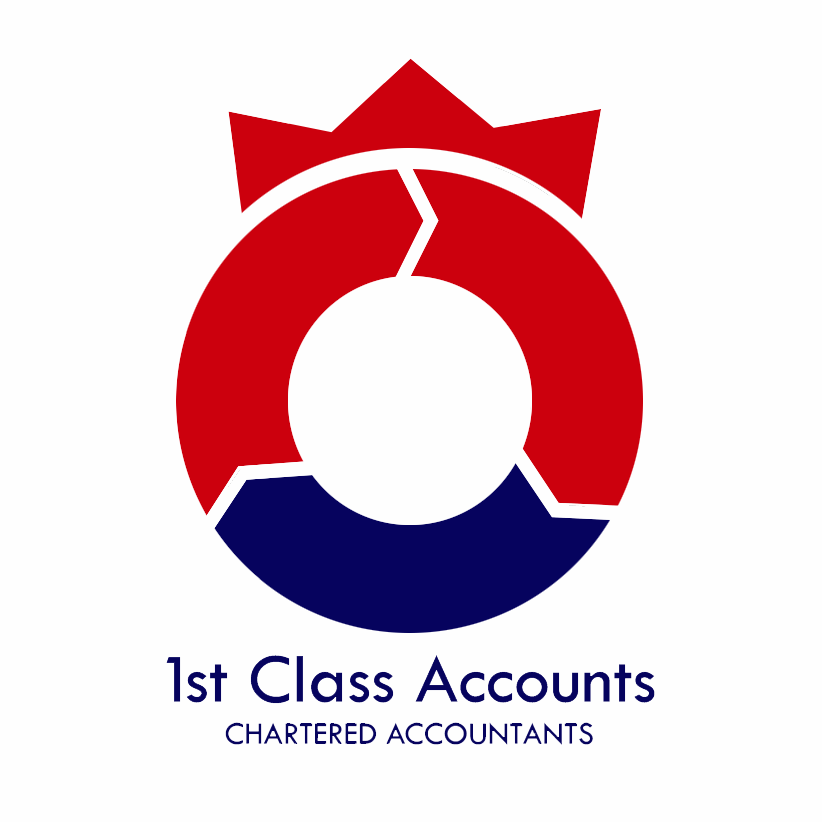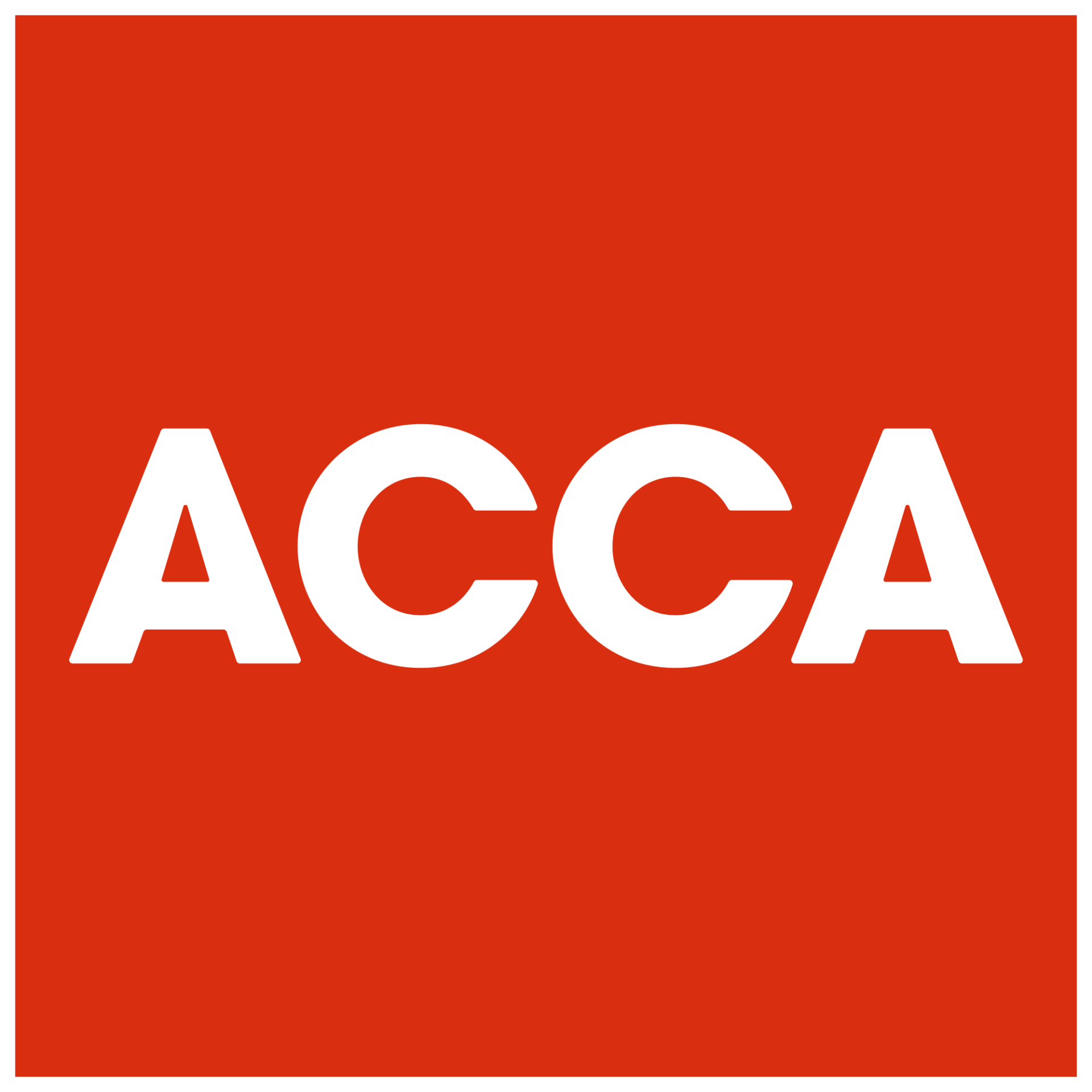What can an accountant do for your business?
We offer a range of accountancy services across various industries and sectors. The divisions below will highlight some services we offer.
Contractors
1st Class Accounts offer personalised services to freelancers and contractors. Further to the completion of tax returns and advisory, we offer expert guidance on IR35, a complex legislation passed by HMRC affecting contractors working via their limited companies, also referred to as ‘off payroll working’.
We understand that no two clients are the same, each case is unique. We provide flexible accounting solutions including a bespoke payment advice service called Pay Calcs, advising on tax provisions and the ways to extract money from your limited company in the most tax efficient manner.
Individuals
Our individuals client portfolio is assigned a dedicated team, to assist with the completion of self-assessment tax returns and general accountancy advice. At 1st Class Accounts, we assess each individual to ascertain the best steps in ensuring they remain as tax efficient as possible. We are on hand to assist with achieving your goals, whether you are self-employed, employed, or a landlord.
Properties
Our properties division are well versed in property and real estate investment via limited companies also known as special purpose vehicles (SPVs). With the introduction of Section 24 of the Finance Act 2015 in April 2017, we have witnessed an influx of property investors creating limited companies to take advantage of being able to deduct their mortgage interest and other finance costs from their rental income before calculating their tax liability.
Other than the mandatory completion of the limited company annual Companies House confirmation statement and HMRC’s annual corporation tax return, 1st Class Accounts are on hand to assist with investment and acquisition strategies such as purchasing via auctions and releasing equity from properties. We boast of a network of property specialists who can offer bespoke guidance and support.
Construction Industry
Our construction industry team are a group of experienced advisers to those working in the construction industry, both limited companies and self-employed individual, ranging from builders, plumbers, electricians and engineers.
Whether you run a limited company or you are a subcontractor, we can help with all of your finances and tax returns, including CIS returns or the payment of subcontractors via payroll. We believe that good accountancy services are more than just numbers. We can help grow your business financially, offering bespoke tax planning tailored to your needs and goals.
Sports & Entertainment
Our sports & entertainment group, initiated by Yemi Ajala, are leading advisers to the creative industries sector. Our enthusiastic and trusted professionals offer a full range of advisory services to both corporate clients and individuals, spanning the fields of film and television, sport, music, video games, theatre, fashion, photography, advertising, marketing, and PR.
Guiding our clients through a complex range of accounting, financial and regulatory issues is just the start of what we do. We are able to provide far more than just accounting and tax advice and work closely with clients to help them take full advantage of market opportunities through close involvement with their planning and business structuring needs.
SMEs
At 1st Class Accounts, we offer accounting and tax services for SMEs - companies and start-ups all over the UK. We offer everything you need take care of your small business accounting — compliance, advisory, tax and much more. We believe it’s not just about the numbers but about bringing order and clarity to your business. This will help to minimise your stress, get back your time, achieve your goals and grow your business while having fun, whilst we take care of the rest.
To find out how we can support you and your business, book your consultation today using the form below.












